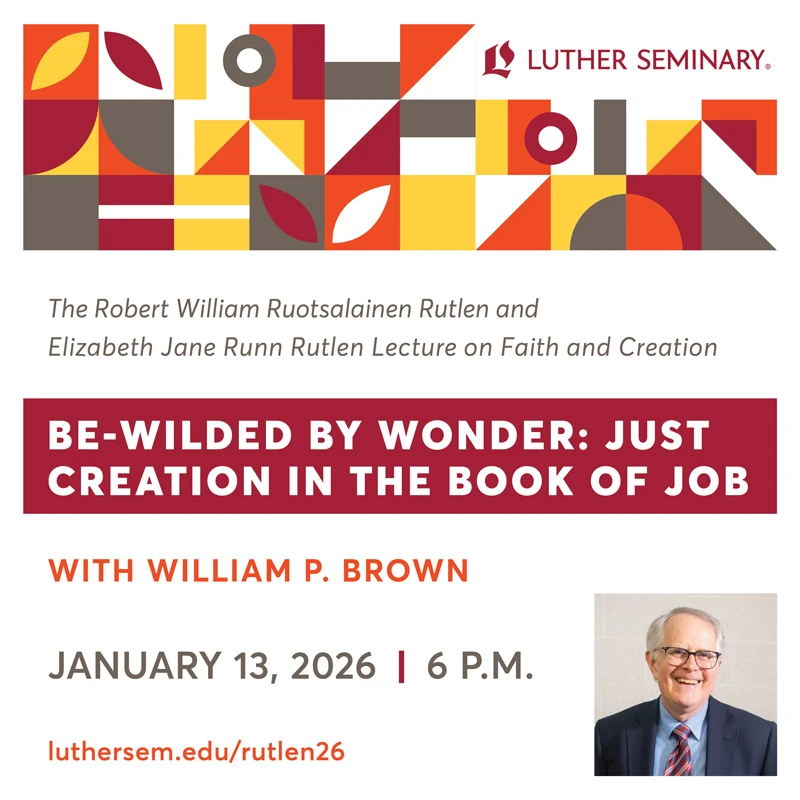SUMMARY
The passage contains an impassioned plea for Judah’s spiritual restoration, centered on the concept of “return” to YHWH. This prophetic appeal carries both warning and promise: though YHWH’s anger burns against their transgressions, it is not inexhaustible, and reconciliation remains possible, but only in the wake of altered human behavior.
ANALYSIS
The opening section of this text is structured around three commands, to “return,” “acknowledge your guilt,” and “return” (vv. 12-14). These commands are accompanied by the hope of a better future—an age of mercyMercy is a term used to describe leniency or compassion. God's mercy is frequently referred to or invoked in both the Old and New Testaments. More rather than judgment. The relationship between “return” and “restoration” is not formulaic but relational. It’s about repairing broken bonds and moving into a new covenantal chapter.
The path to a more hopeful future requires three elements: acknowledgment of guilt, behavioral transformation, and renewed faithfulness. The text culminates in a sweeping vision of redemption: Jerusalem stands transformed and exalted, with YHWH’s divine presence enthroned, drawing the nations of the earth to worship in magnetic attraction.
In the end, this is a text with core theological assumptions found throughout JeremiahProphet who condemned Judah's infidelity to God, warned of Babylonian conquest, and promised a new covenant. More: that there is a hopeful future available to his audience, but that future is dependent upon YHWH’s mercy and the people’s repentance.
In a fascinating development, the ark of the covenantThe ark of the covenant was a box or chest that God commanded the Israelites to make from wood richly adorned with gold. The ark was built to contain the tablets of the covenant (the Ten Commandments). The ark served as a mobile shrine to... More is symbolically replaced by the city of Jerusalem as the throne of YHWH (vv. 16-17). As in other eschatological texts (e.g., IsaiahIsaiah, son of Amoz, who prophesied in Jerusalem, is included among the prophets of the eighth century BCE (along with Amos, Hosea, and Micah)--preachers who boldly proclaimed God's word of judgment against the economic, social, and religious disorders of their time. More 60-62), the foreign nations of the earth gather in the city, setting aside their own “evil will” (v. 17), presumably to follow the will of YHWH. Finally, the text also imagines in this time of glory that the Northern and Southern kingdoms will return to the land YHWH gave to the ancestors.

